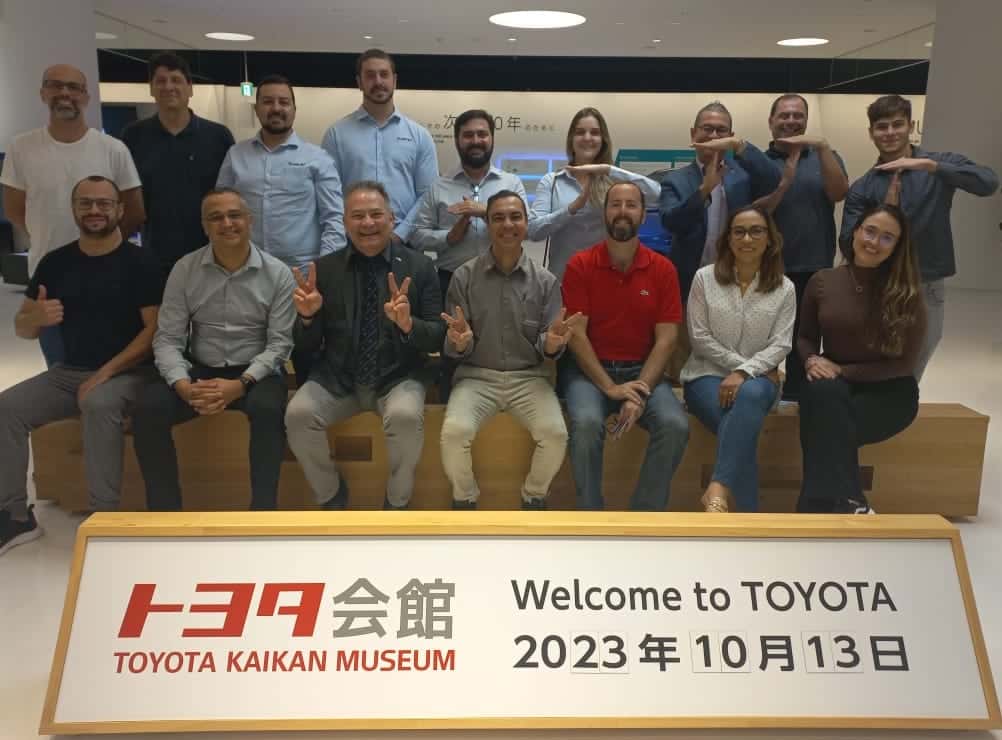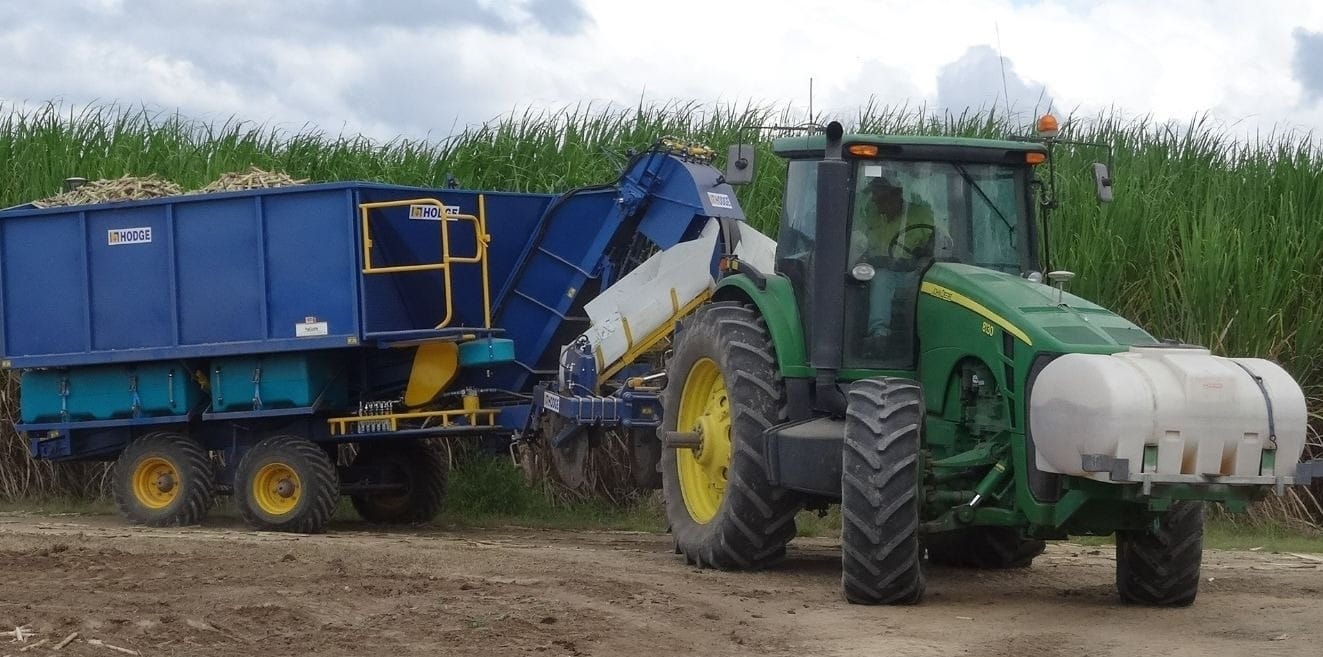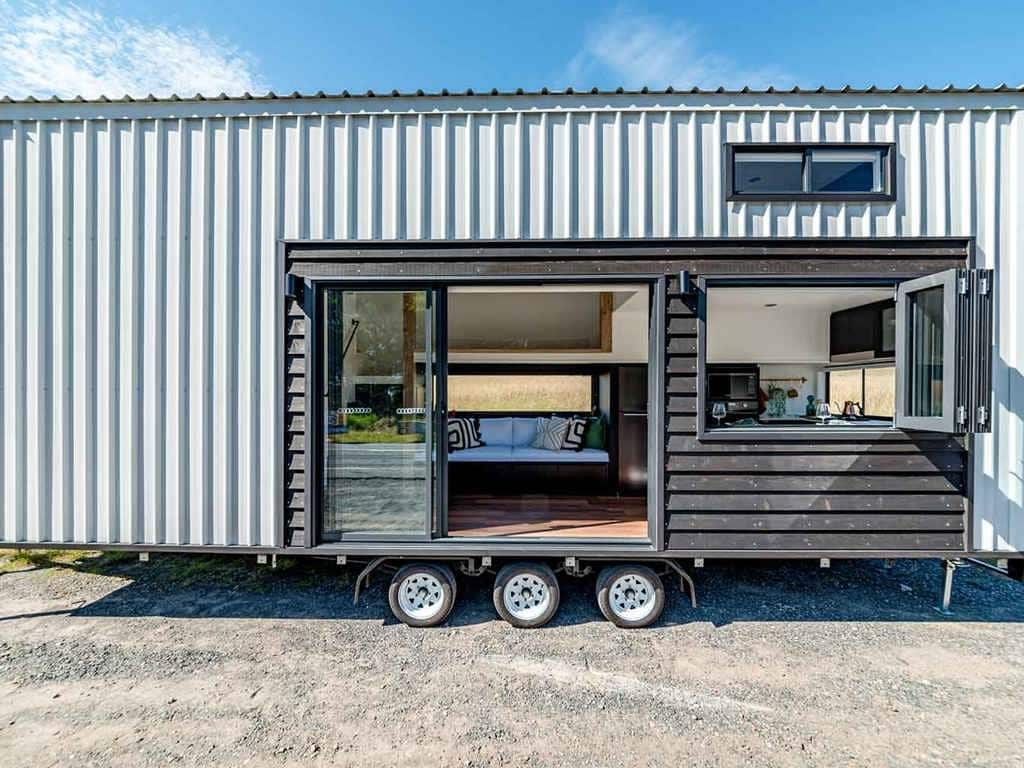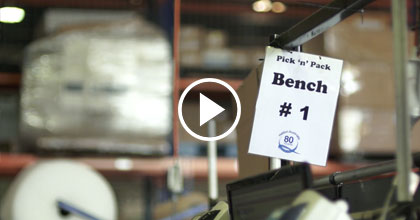
Luciano Peloche, TXM Consulting Operations Manager, has always dreamt of going to Japan one day. He was drawn to the Japanese culture, the kindness and politeness that he associated with the country. At the time, Luciano was working for Toyota in Brazil where he also saw these qualities in the workplace.
However, despite the profound impact of Lean and Japanese manufacturing culture on his career, his dream of visiting Japan remained unfulfilled.
In 2023, Luciano experienced a life changing health event that changed his perspective on life and visiting Japan. He made a promise to himself, that if he survived this scare, that he would do more with his life and pursue his dreams and the things that he wanted to do.
The Japanese dream, therefore re-emerged, as a possibility for Luciano to explore. He reached out to his former Brazilian company to see whether they were still doing the study tours and to his delight they were.
Kaizen Manufacturing Study Tour
TXM Lean Solutions, were happy to support Luciano to achieve his Japanese dream, as a key part of his role, is continuously improving our approach to deploying Lean. Visiting Japan gave Luciano and TXM, the chance to learn from some of the best in the world.
Luciano joined 15 other Brazilian former colleagues and went to Japan. The purpose of this intensive ten-day study tour was to experience the Toyota production system in a number of different fields.
They visited 11 companies, one primary school, four museums and two or three suppliers. The companies visited were all recognised for their continuous improvement approaches in how they ran the business. “It was such a rich cultural experience, walking into a Japanese factory and seeing the elements that are typically associated with Japan. This includes the display of kindness, politeness, and respect. These traits were all visible, it was like walking into a cultural system”, says Luciano.
Visiting a primary school was also a standout experience for him, explains Luciano. “You see, where it all starts with, two- and three-year old’s being taught the importance of the environment, the right and proper way to communicate both visually and verbally”.
Luciano has seen elements of this approach in Australian schools too, where he has been living for the last five years, but for the other Brazilians on the tour, this approach to development, learning and culture was so different to the Brazilian approach.
A Different Perspective
The Japanese study tour opened Luciano’s insights in how culture is respected and practiced within workplaces, creating an environment of kindness, respect and politeness which then encourages the right conditions for employees to focus on doing continuous improvement or kaizen on a daily basis. “They don’t do Lean the way we do it, in the West”, says Luciano.
The Lean approach that Luciano learnt in Brazil has its roots in America. “It was more about following the five Lean principles and providing value for the customer, but in Japan, Lean thinking, is vastly different. In Japan, it’s about creating an environment, that supports continuous improvement, with the aim to reduce costs”, says Luciano.
“In fact, the term Lean, is not used in Japan either, they use Kaizen instead”, says Luciano. Kaizen is more of a philosophy, a way of doing things with the intention of continuously improving all functions and involving all employees from top to bottom. This approach is then applied to everything else such as manufacturing processes, logistics and the supply chain.
“This is fundamentally different to how we apply Lean in the West. This is because, the company’s operations in Japan, are in a different state of maturity”, says Luciano. Japanese companies visited, had Kaizen culture deeply embedded, and they were already running efficiently. It is a different workforce, adds Luciano.
Workers spend a lot of time choosing where they work, and people tend to stay a very long time in a company. Workers transition into roles such as team leaders or become more specialised in the business.
Given that workers stay with the one company for a long time, work becomes part of the cultural and social nature of Japanese companies. “There is more of an incentive for the employer to nurture and develop this relationship as it directly benefits the company”, says Luciano.
“What you do see, is a major focus on improvements, in order to reduce costs” says Luciano. The workforce culture is about creating an empowered environment, so that employees are developed on how to make Kaizen every day. Employees are given financial incentives for Kaizen targets. People are given time during the week for development and there is also a strong emphasis on product development.
This proactive approach to be constantly improving, surprised Luciano. “As we mature in a business, we tend to stop questioning our approach and way of doing things”, says Luciano. “We do not develop people enough. We could certainly do a lot more in this area”.
The Kaizen approach, Luciano thinks, is something that we all can learn from, as it is an empowering approach, to create a culture, where continuous improvement becomes everyone’s business.





